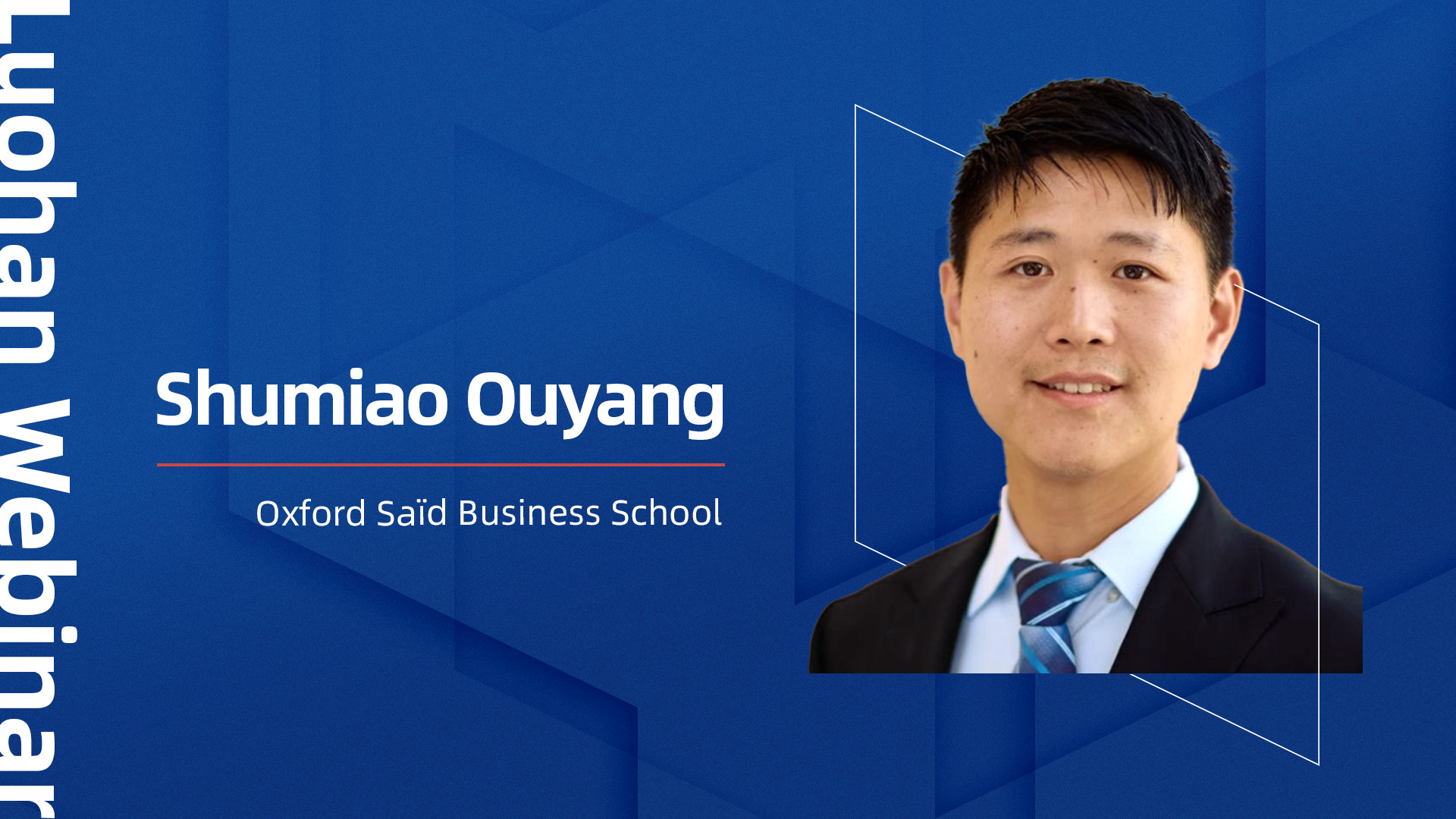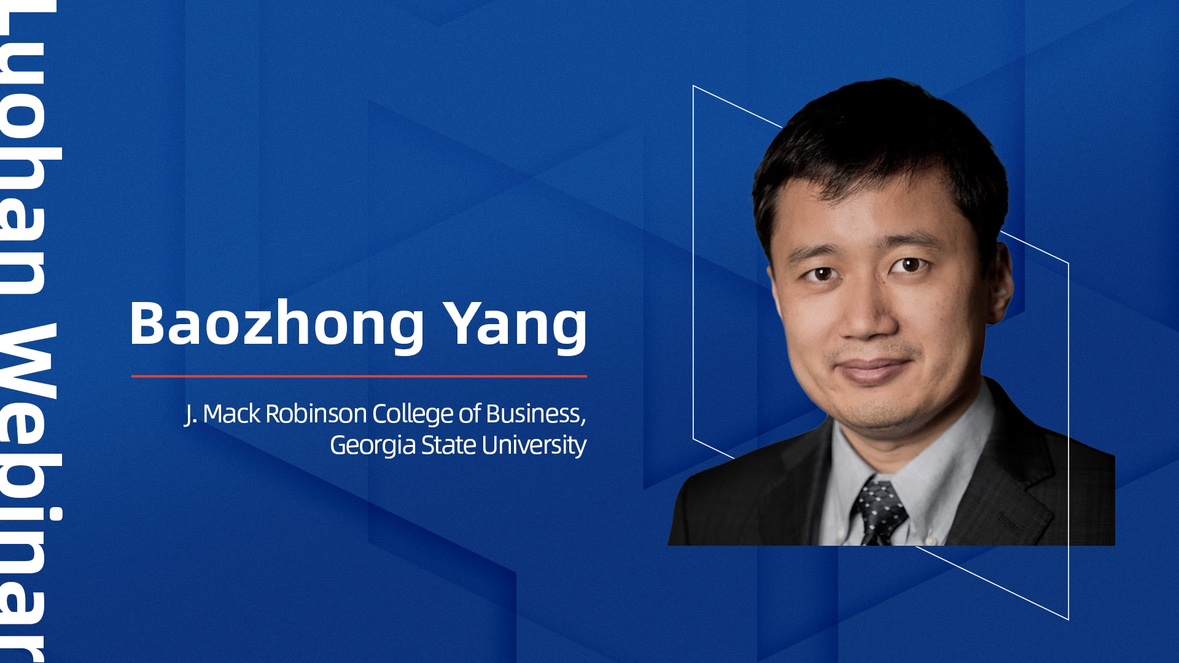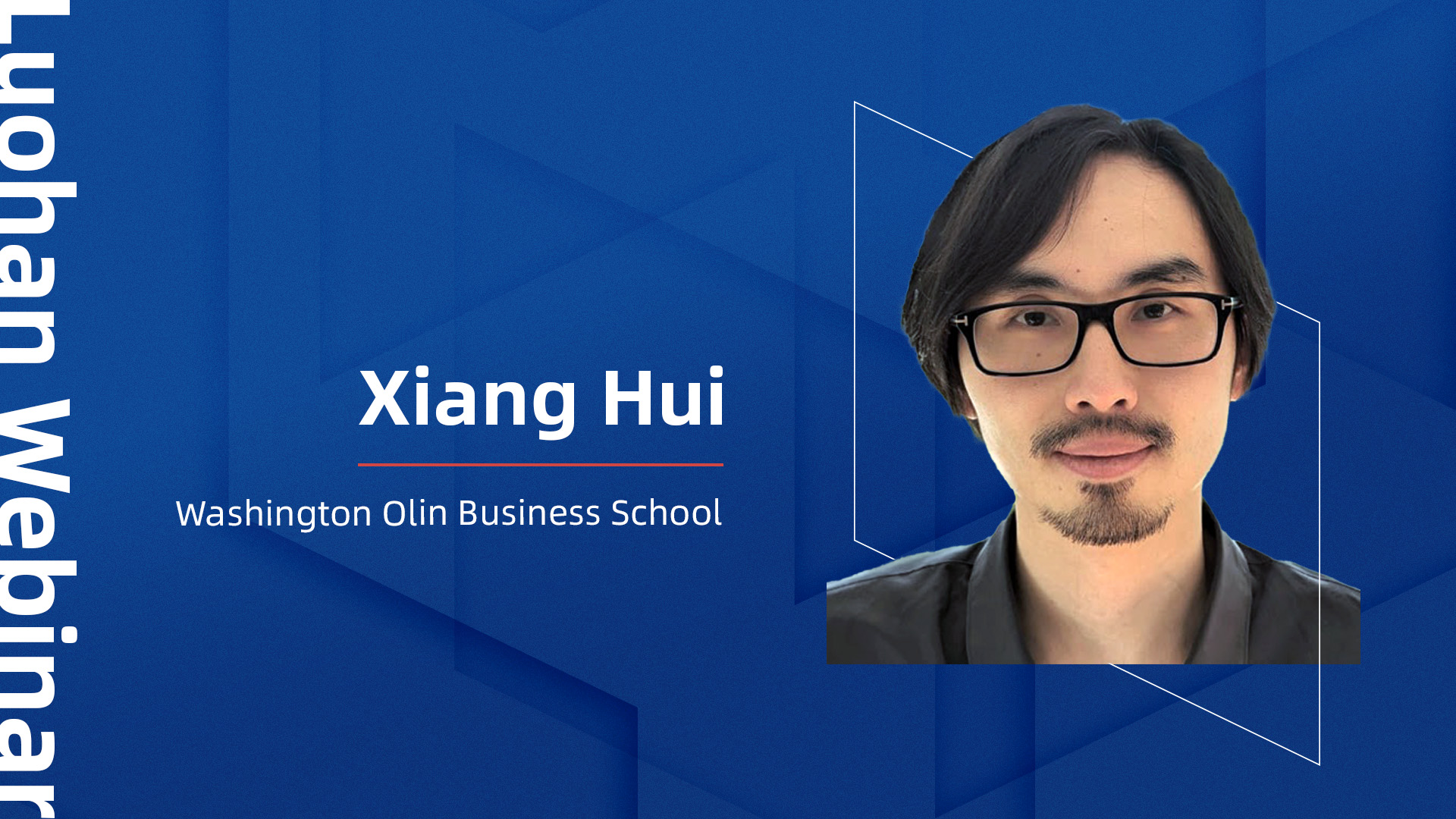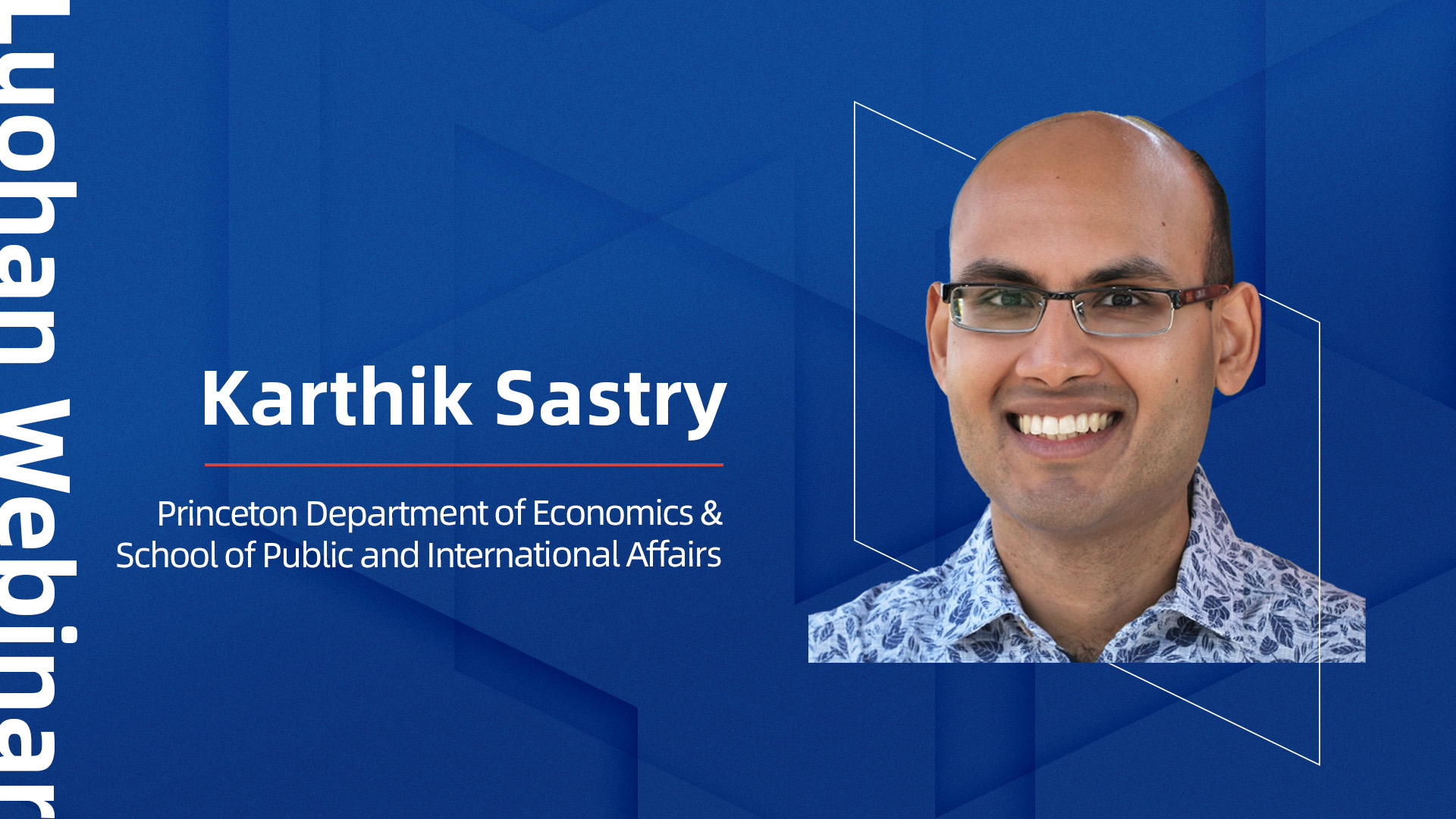Speaker: Ruixue Jia is an Associate Professor of Economics at the School of Global Policy and Strategy, UCSD. Jia is interested in the interplay of economics, history and politics. One stream of her research focuses on understanding elite formation and elite influence, in both historical and modern contexts. A second focus of her work is the deep historical roots of economic development. More recently, she started following the ongoing transformation of the manufacturing sector in China and expanded her interest to labor and technology issues.
Paper: https://www.nber.org/papers/w28865
Full recap:
On Tuesday, April 13th, Luohan Academy hosted Professor Ruixue Jia from the University of California, San Diego to give a talk on “Entrepreneurial Reluctance: Talent and Firm Creation in China”. This work co-authored with Chong-En Bai, Hongbin Li, and Xin Wang. The motivation is to examine whether talented people are more likely to create firms in China.
Linking the college admissions data for 1.8 million individuals in 1999-2003 with the universe of firm registration records in China from the 1980s to 2015, they are able to test the talent allocation theory proposed in Murphy, Shleifer and Vishny (1991). The theory predicts that talent will be allocated to rent-seeking in societies where government officials or winners in a profession can collect large number of rents. The paper also employs survey data in 2010-2015 containing information about personal traits, wages, and their first jobs.
Using college entrance exam score as a proxy for an individual’s general talent, this paper finds that, within the same college, individuals with higher exam scores are less likely to create firms. When individuals do create firms, the score is positively correlated with entrepreneurial success (creating larger firms and being more likely to expand, entering non-local markets, survival, and becoming listed). The score is also positively correlated with earnings of waged jobs. Aligned with talent allocation theory, it suggests that the talent, as measured by the score, can be turned into entrepreneurial and non-entrepreneurial ability.
Finally, the paper documents a wide variation across industries in terms of the score-firm relationship. Industries with higher state penetration, measured by the share of state investment in total fixed investment, appear to be systematically associated with the entrepreneurial reluctance of high-score individuals.
The event attracted over 30 international scholars. In the Q&A portion of the talk, Professor Jia had a lively discussion on a variety of related issues and topics with the participants, such as Prof. Liyan Yang from the University of Toronto, Prof. Danyang Xie from the Hong Kong University of Science and Technology, Prof. John (Xuefeng) Jiang from Michigan State University, as well as researchers at Luohan Academy. Professor Long Chen, director of Luohan Academy, stressed the importance of multidimensionality of entrepreneurship, and commented that college entrance score is only one type of indicator on intelligence, and entrepreneurship requires other important talents, such as adventurous spirit, courage, and ability to take on uncertainty.
For a more detailed discussion of the study, especially in the context of increasing digitalization of business and society, please read our commentary Entrepreneurial reluctance in China – could digitalization engender a positive change.
If you would like to give a presentation in a future webinar, contact our Senior Economist Dr. Wen Chen (wen.chen@luohanacademy.com). For other inquiries, please contact: events@luohanacademy.com.











































































